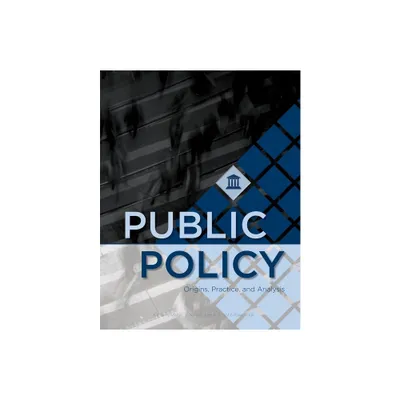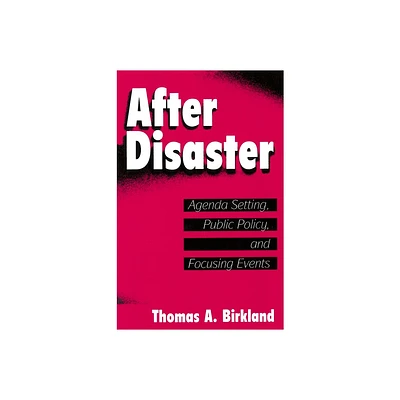Home
Responding to America's Homeless: Public Policy Alternatives
Loading Inventory...
Barnes and Noble
Responding to America's Homeless: Public Policy Alternatives
Current price: $75.00


Barnes and Noble
Responding to America's Homeless: Public Policy Alternatives
Current price: $75.00
Loading Inventory...
Size: OS
*Product Information may vary - to confirm product availability, pricing, and additional information please contact Barnes and Noble
This useful and clearly written book provides a discussionof the major issues involved in dealing with the homeless, summarizes information available from a number of studies, and draws conclusions about current public policy and future policy alternatives. . . . An important addition to any library dealing with contemporary social concerns.
Choice
The homeless have become more and more numerous and visible in our society.
Responding to America's Homeless
presents the most complete, up-to-date scientific evidence concerning the nature, extent, and causes of homelessness. Using an unprecedented survey of 1,000 homeless individuals and families, as well as previous national, local, and scholarly research, the authors draw a vivid portrait of the homeless population and their needs. They challenge the widely held view that most homeless are mentally ill, proposing an original classification of the homeless based on needs for various forms of assistance. On the basis of this empirical research, the authors evaluate current public policies for dealing with the homeless and present alternative plans aimed at returbaning homeless people to more normal, secure circumstances.
Choice
The homeless have become more and more numerous and visible in our society.
Responding to America's Homeless
presents the most complete, up-to-date scientific evidence concerning the nature, extent, and causes of homelessness. Using an unprecedented survey of 1,000 homeless individuals and families, as well as previous national, local, and scholarly research, the authors draw a vivid portrait of the homeless population and their needs. They challenge the widely held view that most homeless are mentally ill, proposing an original classification of the homeless based on needs for various forms of assistance. On the basis of this empirical research, the authors evaluate current public policies for dealing with the homeless and present alternative plans aimed at returbaning homeless people to more normal, secure circumstances.


















